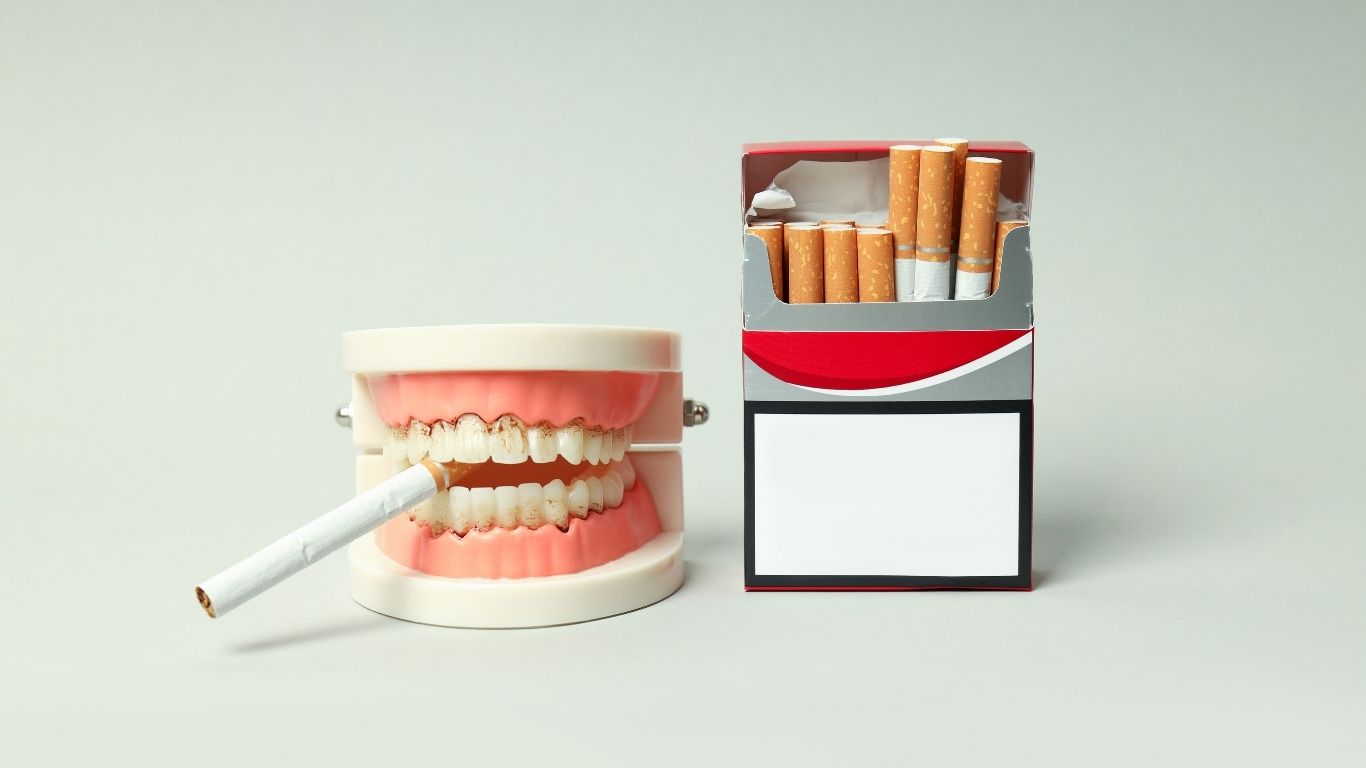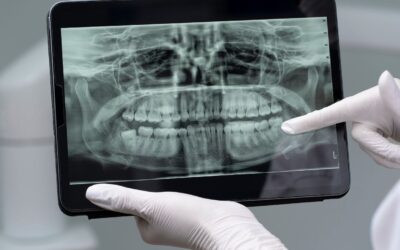If you’ve recently had wisdom teeth removed, you’re likely dealing with some level of discomfort, swelling, and following your dentist’s recovery instructions carefully. For many, however, there’s one lingering question: Can I smoke 7 days after wisdom teeth removal? While smoking is a common habit for many people, it’s crucial to understand how it can interfere with your healing process after undergoing dental surgery. Smoking introduces various risks that can delay healing, cause unnecessary pain, and lead to serious complications like dry socket. This article will explore why smoking after wisdom teeth removal can be detrimental, the optimal recovery period before smoking, and the safest strategies for managing cravings during your recovery period.
Can Smoking After Wisdom Teeth Removal Delay Healing?
Smoking after wisdom teeth removal is a significant factor that can disrupt the healing process and lead to a variety of complications. It’s not just about the immediate discomfort—it’s the long-term effects that can harm your recovery. Below, we will discuss the risks associated with smoking too soon after your surgery.
Why Smoking is a Risk After Dental Surgery
One of the primary reasons smoking is discouraged after wisdom teeth removal is due to the suction that occurs when you inhale smoke. This suction creates pressure in your mouth, which can cause the blood clot in the socket to dislodge. The blood clot plays a crucial role in protecting the exposed bone and nerves while the healing process occurs. If the clot is dislodged prematurely, it can lead to a condition called dry socket.
The Impact of Nicotine on Healing
Nicotine, the addictive substance found in cigarettes, constricts blood vessels and decreases blood flow to the affected area. This reduced circulation slows down the delivery of oxygen and nutrients that are essential for the healing of your gums and tissues. As a result, the healing process takes longer, and you may experience more discomfort. Furthermore, the restricted blood flow can also leave your gums and other tissues more vulnerable to infection.
The Dangers of Smoking Too Soon After Wisdom Teeth Removal
Smoking is one of the leading causes of complications after wisdom teeth removal. Below, we will dive deeper into the risks associated with smoking too soon after your surgery.
What Happens to the Healing Process if You Smoke Too Soon?
Smoking too soon after wisdom teeth removal doesn’t just delay healing—it can create an environment where bacteria can thrive. The opening left by the wisdom tooth is vulnerable to infection, and smoking can introduce harmful chemicals and bacteria into the mouth. If the blood clot is disturbed and bacteria enter the open socket, an infection can develop, causing increased pain and prolonging the recovery time.
Additionally, the suction from smoking can significantly hinder the clotting process, leading to a dry socket, which is both painful and difficult to treat. Dry socket occurs when the clot that was supposed to form in the empty socket is lost or dislodged, exposing bone and nerves. This can cause severe pain, which typically requires additional visits to the dentist for treatment.
The Role of Dry Socket in Your Recovery
Dry socket is one of the most common complications associated with smoking after wisdom teeth extraction. It is characterized by sharp pain that usually develops a few days after the procedure, once the blood clot has dislodged. This condition is not only painful but also lengthens your recovery time. In some cases, additional treatments or medications are required to help the healing process. The exposure of bone and nerves also makes it more susceptible to infection, further complicating the healing process.
How Long Should You Wait Before Smoking Again?
The question that most people want to know is: how long should I wait before smoking again? According to dental professionals, the general recommendation is to wait at least 72 hours (3 days) before smoking. However, that’s the minimum wait time. 7 to 10 days is the ideal timeframe, as this allows your gums to heal properly and reduces the chances of complications like dry socket.
While 7 days may sound like a long time for habitual smokers, it’s crucial to understand that smoking can have long-lasting effects on the healing process. The longer you can wait, the better the outcome. If you wait until the 7 to 10-day period, your gums will be more resilient to the effects of smoking.
How Can Smoking Affect Your Recovery Timeline?
The longer you wait to resume smoking, the more likely you are to heal without complications. Smoking introduces harmful substances into the mouth, which can not only disrupt the blood clot but also reduce the amount of oxygen available for healing tissues. If you can refrain from smoking for at least 7 days, you’re giving yourself the best chance for a swift recovery.
Additionally, it’s important to remember that smoking can interfere with your body’s natural healing mechanisms. It reduces the immune response, making it harder for your body to fight off infections. By waiting 7 to 10 days, you’re allowing your body the time it needs to heal and recover fully.
Tips for Protecting Your Healing Process If You Smoke
Use Alternatives to Smoking
If you’re finding it difficult to quit smoking entirely during the recovery period, consider using alternatives that are less harmful. Nicotine patches, gum, or lozenges can help curb cravings without introducing the risks associated with smoking. These alternatives help keep your nicotine levels stable without the negative side effects of smoking, like the potential for dry socket or gum irritation.
If you’re desperate for a quick fix, some people turn to e-cigarettes or vapes, but these should also be avoided in the first few days after surgery. The reason is that even though the smoke may not be as harmful, the suction and vapor can still cause the same issues as traditional smoking.
How to Minimize the Harm of Smoking
If you absolutely need to smoke, try the following tips to minimize the harm:
-
Use a straw: Using a smoking straw can reduce the direct contact between smoke and your extraction site, helping reduce the risk of dislodging the clot.
-
Avoid deep inhaling: When smoking, try not to inhale deeply. Shallow puffs can reduce the suction pressure on your gums and extraction sites.
-
Rinse your mouth: After smoking, rinse your mouth with saltwater to help keep the socket clean and reduce the risk of infection.
-
Keep it minimal: If you must smoke, try to limit the frequency to reduce the strain on your healing gums.
Avoid Smoking for as Long as Possible
The best advice is simple: wait as long as possible before smoking. While it’s tempting to return to your regular smoking routine after a few days, you can significantly speed up your recovery by taking it slow. Smoking just a few days later than you usually would can make a substantial difference in your healing process.
Frequently Asked Questions
Q1: Can I smoke immediately after wisdom teeth removal?
A1: No, it is highly recommended to avoid smoking for at least 3 to 5 days after wisdom teeth removal to prevent dry socket and other complications.
Q2: What are the risks of smoking after wisdom teeth removal?
A2: Smoking can delay healing, introduce bacteria into the wound, and cause dry socket, which can extend the recovery period and cause severe pain.
Q3: How long should I wait before smoking after wisdom teeth removal?
A3: It’s recommended to wait at least 7 to 10 days before smoking to minimize the risk of complications and promote faster healing.
Q4: Can using a straw help prevent dry socket?
A4: Using a straw should be avoided in the first few days after surgery as it can create suction, which may dislodge the blood clot and increase the risk of dry socket.
Q5: Can I vape after wisdom teeth removal?
A5: It’s best to avoid vaping in the first 7 days after your surgery because it can still introduce harmful substances and cause suction, which can disrupt the healing process.
Conclusion
The simple answer to the question, “Can I smoke 7 days after wisdom teeth removal?” is: it’s not ideal, but it’s not impossible. Smoking within 7 days of surgery can delay healing, increase your risk of complications like dry socket, and introduce bacteria into the extraction site. If you absolutely must smoke, try to limit your intake and follow all safety precautions. The more time you allow your body to heal, the better your chances for a smooth recovery.
The safest route is to avoid smoking for at least 7 days and even up to 10 days after wisdom teeth removal. This will significantly reduce your risk of complications and ensure a faster, more comfortable recovery. Always consult your dentist for personalized recommendations based on your recovery progress.



